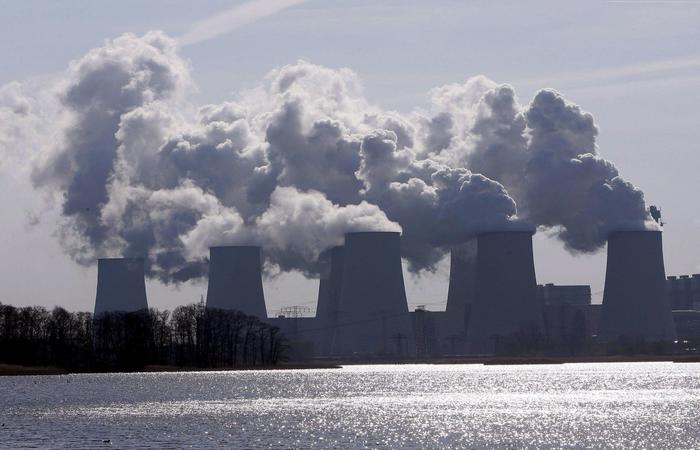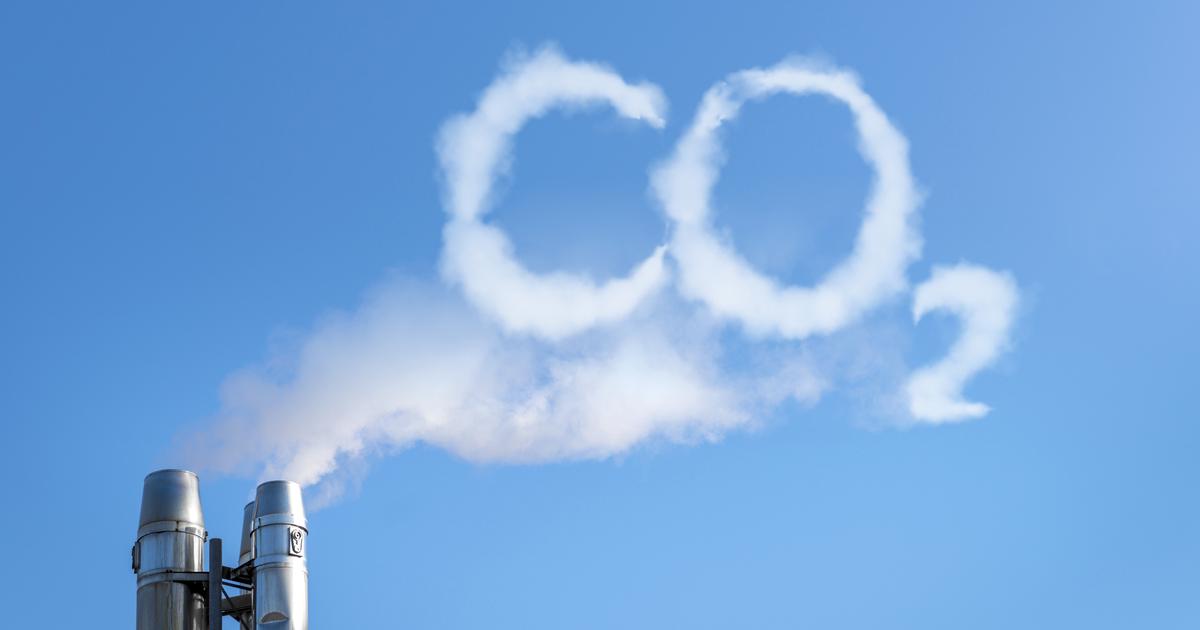"Without an
immediate and profound reduction in CO2 emissions
in all sectors, limiting global warming to 1.5 degrees centigrade is impossible".
This is what was concluded by the scientists of the
IPCC
, the intergovernmental group on climate change of the
United Nations
, in the latest report released today.
"The evidence is clear: the time for action is now. We can halve emissions by 2030 and we have opportunities in everything from cities to industry to agriculture."
"We have the tools and know-how to limit global warming," said IPCC chairman
Hoesung Lee
.
Priyadarshi Shukla
, co-chair of
Working Group III of the
IPCC, which deals with climate change mitigation, explained that "having the right policies, infrastructures and technologies in place to enable changes to our lifestyles and behaviors can bring about a reduction. by 40-70% of greenhouse gas emissions by 2050 and improve our health and well-being ".
Shukla added that "limiting global warming will require major transitions in the energy sector, with reduction of fossil fuels and more alternative sources, widespread electrification, more energy efficiency".
Shukla further said that "global gross domestic product would only be a few percentage points lower in 2050 if we took the necessary action to limit warming to 2 degrees or less, compared to maintaining current policies."
UN experts on climate change say that "there is sufficient global capital and liquidity to fill investment gaps" useful against global warming even if "financial flows are three to six times lower than the levels needed by 2030 to limit heating below 2 degrees centigrade ".
For global warming to be limited to 1.5 degrees, the peak of global greenhouse gas emissions should come no later than 2025 and emissions should be reduced by 43% by 2030. Methane is also expected to be reduced by about one third.
"Even if we do this", the IPCC scientists explained, "it is almost inevitable that we will temporarily exceed this temperature threshold but we will be able to return below it by the end of the century".
According to UN experts, the global temperature will stabilize when CO2 emissions reach net zero.
The IPCC report "shows that while some sectors are moving in the right direction, climate change is moving faster than we are. We can no longer allow the pollution of fossil fuels that are destroying our climate and the natural world to be on which we all depend ", commented
Stephen Cornelius , head of the
WWF
delegation
who followed the negotiations.
Kaisa Kosonen
Greenpeace Nordic noted that "the game is over for fossil fuels that are fueling both wars and climate chaos" and "coal and gas plants must close soon."
"While our leaders have said that they are doing their best on the climate, scientists have just shown that this is not true," Kosonen continued: "There is a lot of potential to do more now, with huge benefits. However. , money continues to flow to problems rather than solutions and this situation will only change with policies in line with the Paris Agreement warming limit. Both the threats and the opportunities are greater than ever. "
According to
Nikki Reisch
, director of the
Climate & Energy Program, Center for International Environmental Law
(CIEL), "relying on speculative technologies to deliver emission reductions or removals in the future, after the rise in temperature exceeds 1.5 degrees will cost lives. and will inflict further irreversible damage. "
"Like
Putin's fossil-fueled invasion
and the resulting profit-driven energy crisis, the IPCC findings only reinforce the idea that breaking free from fossil fuel addiction is critical to the global climate, to global peace. and for economic stability, "Reisch said.









